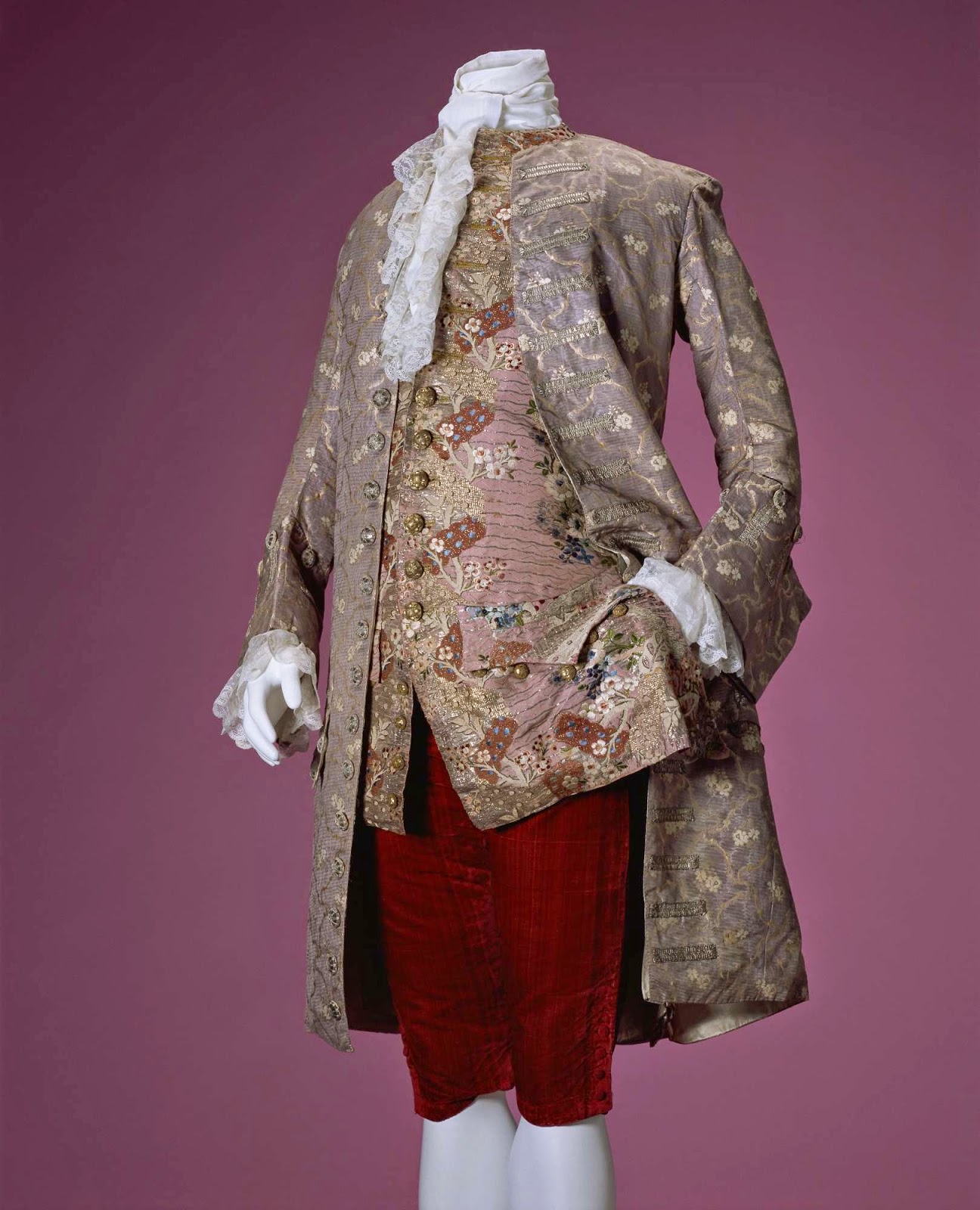What did fashion look like for women in the 1700s? The small laced apron was much worn, even on important occasions. Women’s dress was somewhat severe, although it had certain elements of informality.
90s Style Women Outfits
Ruffled Underwear Cute Outfits
Provocative Women's Outfits
Pin on Historical Fashions 1700s
T he 1770s marked a transition in men’s and women’s dress, particularly for daywear.
The cut jacket and coat were very fashionable.
The sleeves narrowed from the previous half century, becoming snug and elbow length. For women, colonial clothing was all about layers! France greatly influenced women's styles in clothing and the decorative arts. Video showing the layers of 18th century women's clothing.
European women of the 18th century had it all. The essential spirit of rococo era women’s. (along with the women in the colonies destined to. The cheungsam is regarded by many as the classic national dress for women.

The bulk of this epoch covers the era of.
Working class clothes would have been made in similar manner of cut, the tailors would have used less expensive fabric. Using fashion plate imagery, the page follows the changes in the female fashion silhouette from the late 1790s to 1825. The styles of this period were heavily influenced by the french court at versailles and by french. Slender, asymmetrical curves and soft drapery dominated women's costumes of the early 18th century.
Shift and stockings, bum roll, stays, petticoat, maybe another petticoat if it’s cold, jacket or gown,. In the lowlands they wore closer to what the french and english were wearing; What did colonial women wear. Many women, as the year 1790 approached, tended more and more to follow the masculine mode of dress.

The highland clan kilt actually started in the 1700’s, much to the dismay of the english.
Although the basic forms remained the. The linen chemise was still the first layer worn by all classes of women. Today i will be doing a deeper dive into the details of women’s fashions in the first half of the 18th century. I ntroduced in the 1670s, the mantua, accessorized with a stomacher, a lace neck frill, sleeve ruffles, or engageantes, and a wired headdress.
It was said to have originated from the roman tunic. The growing popularity of what had previously been considered informal styles. A word of warning, due to the interest in the civil war, these clothes may have been adapted for. With rococo, france, the leader in women’s fashion since the eighteenth century, solidified its status as international trendsetter.

These pleats are referred to as watteau pleats, after antoine watteau who in his paintings in the 1720s showed many.
The first step in the dressing order for women was a lightweight undershirt or shift.






